Three-part catalyst study advances conversion of CO2 to ethanol
Green Car Congress
SEPTEMBER 11, 2021
An international collaboration of scientists has taken a significant step toward the realization of a nearly “green” zero-net-carbon technology that can efficiently convert CO 2 and hydrogen into ethanol. None of the three components examined in the study is able to individually catalyze the CO 2 -to-ethanol conversion, nor can they in pairs.

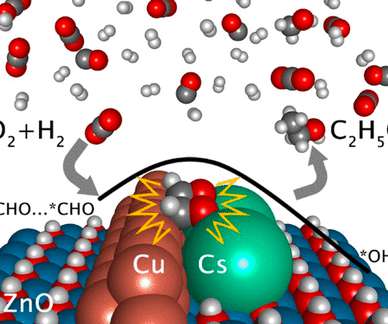
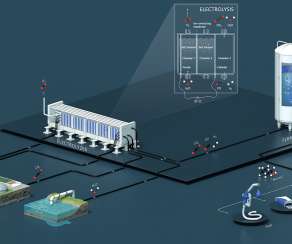










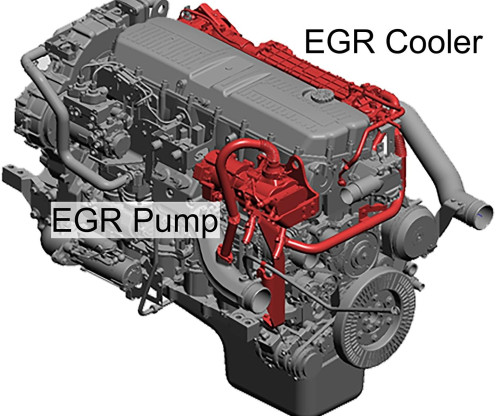
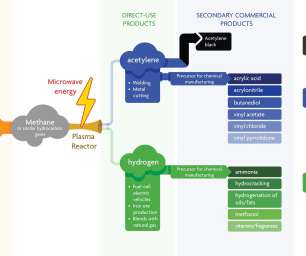











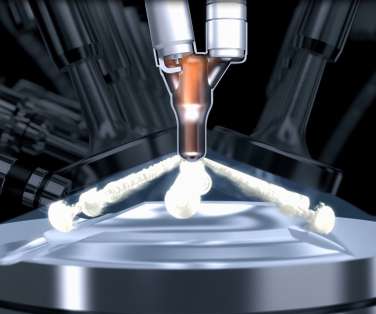

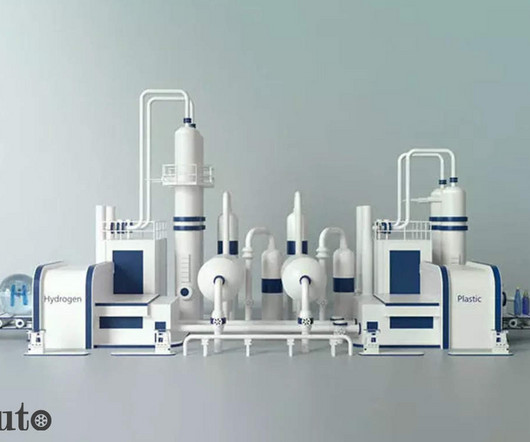

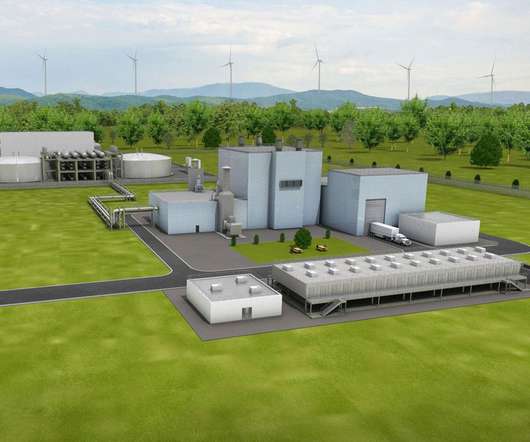









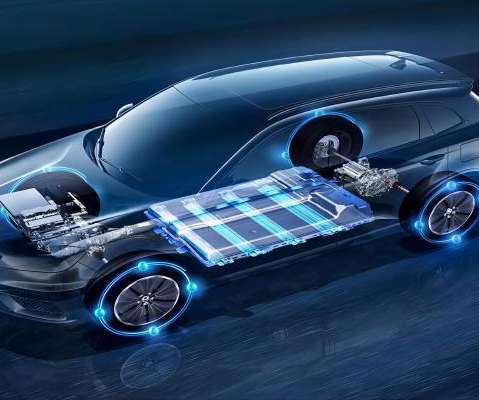






Let's personalize your content